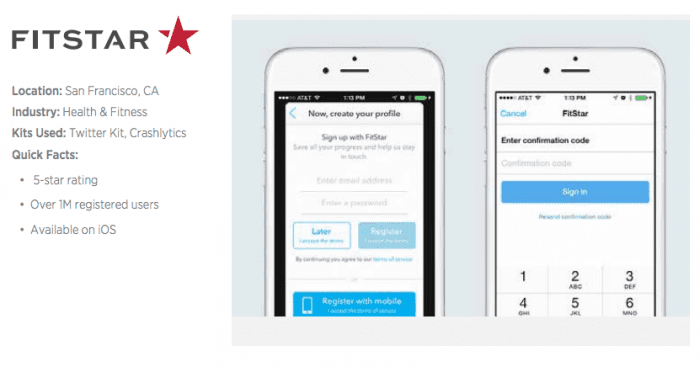Will Digits displace other email address-based user sign-in and authentication methods?
Importance: [rating=5]
Recommended link: Twitter Blog Digits announcement

This is another interesting piece of new jargon and associated tech that marketers need to ‘get their heads around’. Here’s a summary of my understanding. I’ve also gone a bit beyond the ‘copy and paste’ summaries of other announcements by digging out a couple of case study examples of brands already using Digits which show how important this could be as part of the overall digital marketing ecosystem. This is why I have unusually rated its importance as 5/5!
- 1. Digits is a new method of signing on to mobile apps and websites developed by Twitter. Twitter says it will reduce ‘friction’, enabling users to sign in to apps more readily.
- 2. Digits works by signing in with mobile numbers and confirming using an SMS . It’s similar to two-step authentication already introduced by Twitter and Google in 2013 to improve user security.
- 3. It was announced as part of Fabric at the Twitter developers conference on 22nd October 2014. Fabric is a platform of three modules that Twitter says:
“addresses some of the most common and pervasive challenges that all app developers face: stability, distribution, revenue and identity. It combines the services of Crashlytics, MoPub, Twitter and others to help you build more stable apps, generate revenue through the world’s largest mobile ad exchange and enable you to tap into Twitter’s sign-in systems and rich streams of real-time content for greater distribution and simpler identity”.
- 4 Twitter sees part of the value proposition of Digits as the lack of need for an email address. Could this be the “beginning of the end”" for email? One of the main reasons younger users are forced to adopt email is that they need it for social sign-on.
- 5 The security risk of Digits is sure to get attention. Simply, put what happens if you lose your mobile? Other fallbacks will surely be needed.
- 6 Brands are already using Digits to extend their mobile apps. The McDonald’s Alarm App enables friends to share offers for McDonald’s food and beverages. In order to redeem the offer, a person must authenticate as a real user. Twitter says:
‘McDonald’s felt that social sign-ins put too much burden on a user to share personal details, and that email addresses and passwords were too often forgotten or onerous to manage. Digits enables McDonald’s to quickly authenticate real users and get them into the app with a minimum of friction’
In another case study / example Fitstar sees it as important in emerging markets where it can be more common for young users in particular to have a mobile number, but not an email address.
- 7. You can find out more on a dedicated site. Digits.com has all the info - it’s a separate site.
The big question is whether other social network platforms such as Facebook and Google will adopt it? That seems unlikely, but as Google has shown with its two step authentication, they are likely to develop similar approaches.
That’s how I see it - how important do you think Digits will be?





